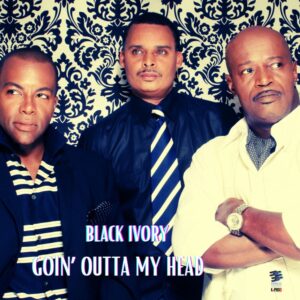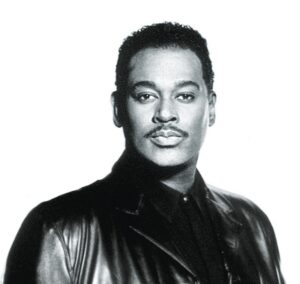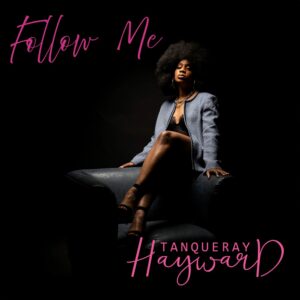Carmen Lundy – Code Noir (2017)
History tells us that the term “Code Noir” refers to the 18th Century Edict Concerning the Negro Slaves in Louisiana that was issued by France’s King Louis XV in March of 1724. The 54 points in the code were used to govern everything from the mandated removal of Jews from the Colony to the religious instruction and indoctrination of slaves into Catholicism, and is likely the precursor to similar laws passed in the American colonies and the post-Colonial United States during slavery and in the Jim Crow era. The southern states passed a series of laws in 1865-66 after the Civil War that had the intention of re-imposing slavery. This effort was undone by reconstruction, but was reinstituted in post 1877 in a more systematic way under a regime of Black Codes called Jim Crow.
Vocalist, composer and pianist Carmen Lundy took the term and made it the title of her latest jazz record. And Code Noir is most definitely a jazz record. That can be heard in Lundy’s vocals that finds her stretching notes, vocalizing and singing behind and around the melody. Jazz courses through Ben Williams’ acoustic and electric bass, while drummer Kendrick Scott provides a foundation for Lundy’s vocal and Jeff Parker’s six string creativity on tracks such as “You Came Into My Life.” The breezy harmonizing on the backing vocals and a swinging piano supplied by Patrice Rushen takes the listener on a Hawaiian getaway with Lundy and her lover on the “The Island, The Sea and You.”
“I Got Your Number” finds Lundy subtly telling a gentleman who tries to woo her at a bar to that he’s going to have to work for it. “I can tell by your advances/You got persuasion of your mind/Under right circumstances I might/But I’m not the easy kind.” This is perhaps Code Noir’s most R&B oriented track right down to the ultra-smooth bass line laid down by the electric bass. This tune, with its mature come hither, but don’t-be-so-thirsty lyrics and story line, combined with the interplay between the jazz guitar licks and piano, is the kind of song that radio would have been all over during the emergence of “Quiet Storm” radio and should be all over right now.
Thematically, cuts such as “Live Out Loud” directly take on the theme of freedom, with Lundy’s vocals floating above the loose and atmospheric conversation between piano, percussion and guitar as she sings “I’d rather live a life out loud/than never live at all,” while the funky jazz of “Black and Blues” finds Lundy bringing the assertiveness of a polemicist into a number that explores the fraught relationship between communities of color and law enforcement.
The term’s history might make Code Noir an odd title for the latest recording by Miami born and long term New York vocalist Carmen Lundy. Lundy has been making albums that fuse elements of jazz, R&B, funk, gospel, world music and classical influences since 1985. She’s also an actress who has performed on stage and television. Lundy, who studied opera at the University of Miami, is also a painter and perhaps the album’s title refers to the smoky and percussive rhythms that visually and audibly take listeners to the Caribbean. However, I like to think that Lundy seeks to deploy a musical version of adaptive reuse by repurposing a term connected with placing black people in fetters and transforming it into a phrase synonymous with the artistic and cultural freedom that jazz has come to represent, and that is displayed beautifully on this welcome release. Recommended.
By Howard Dukes









